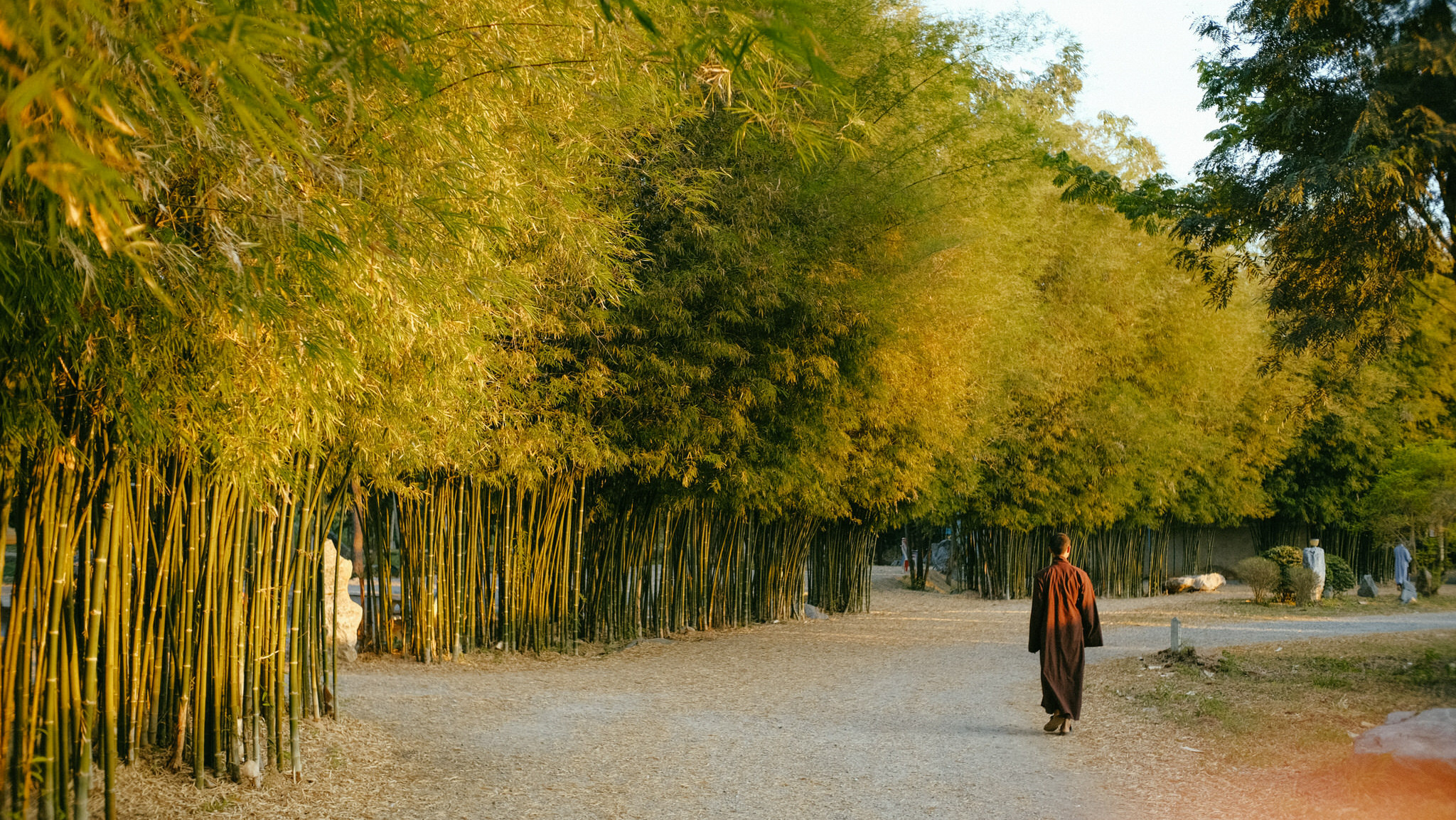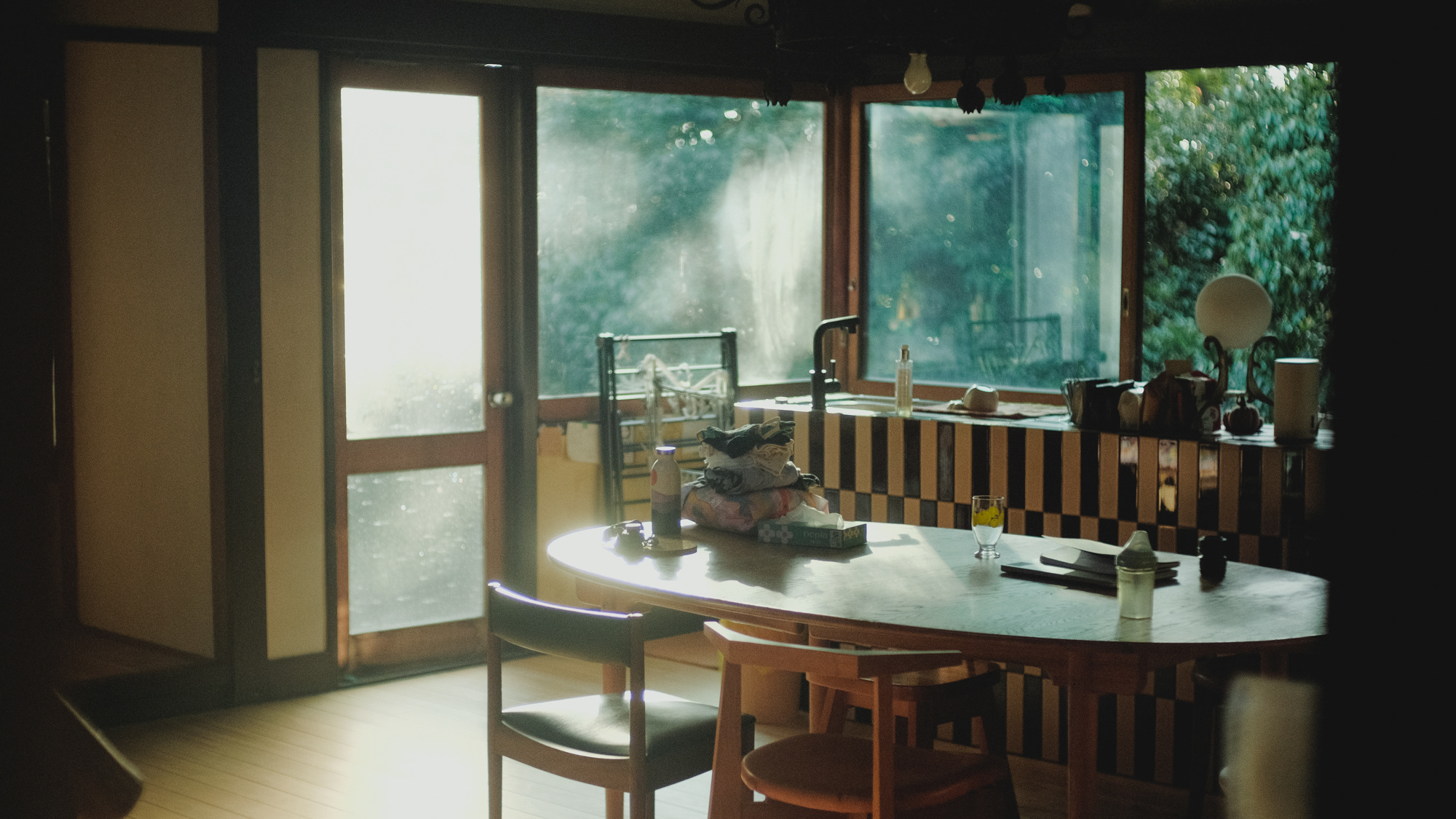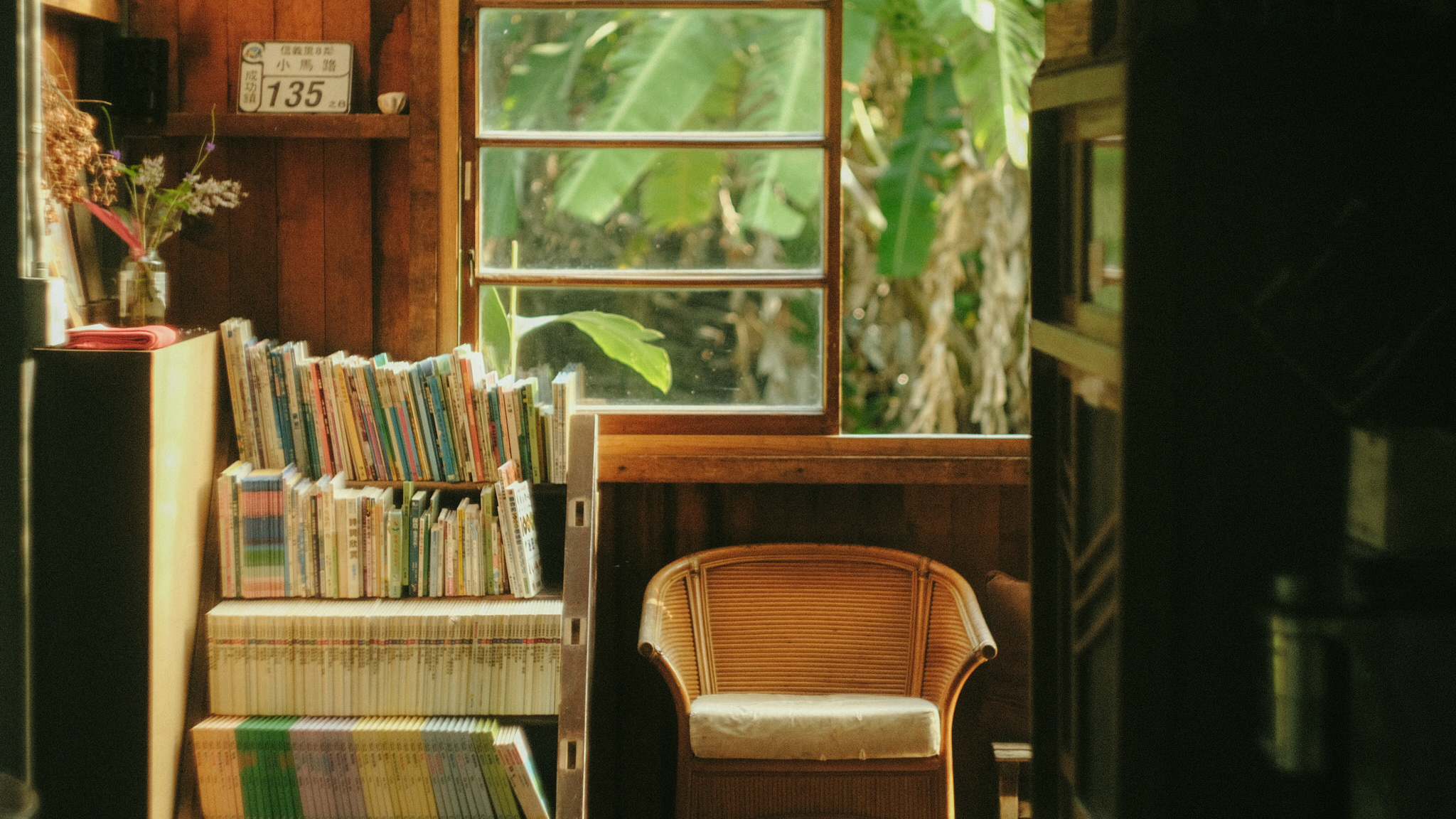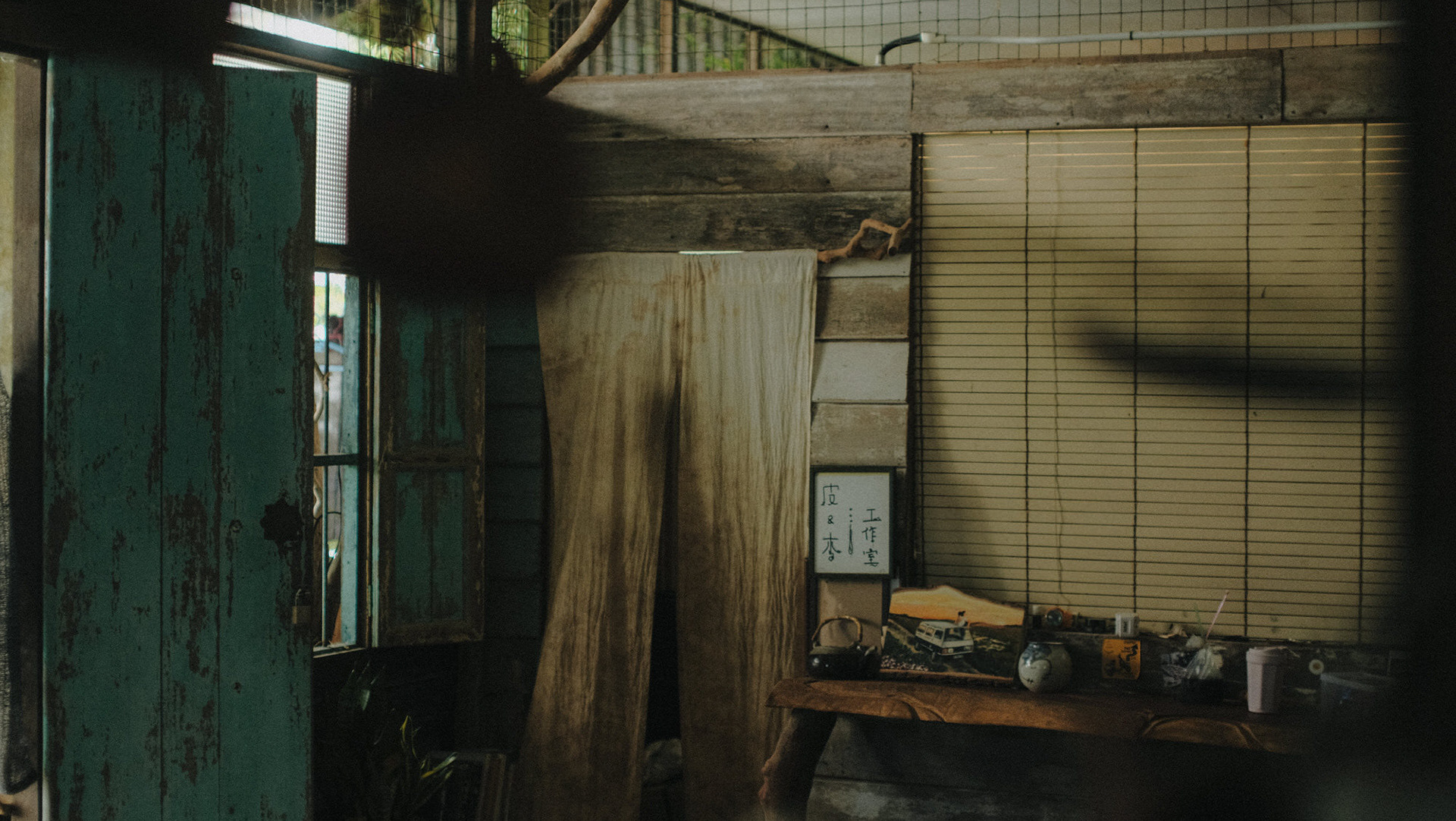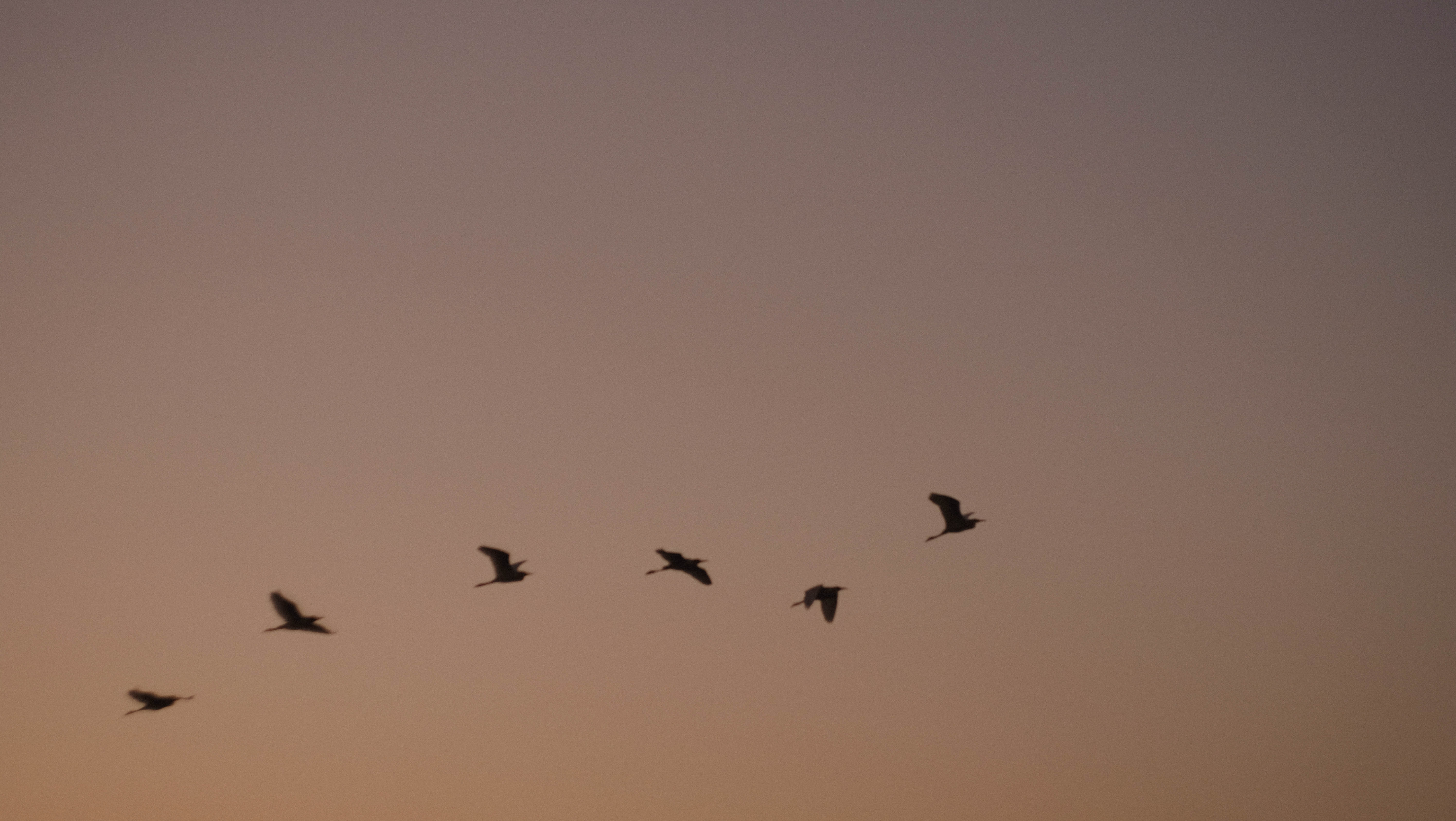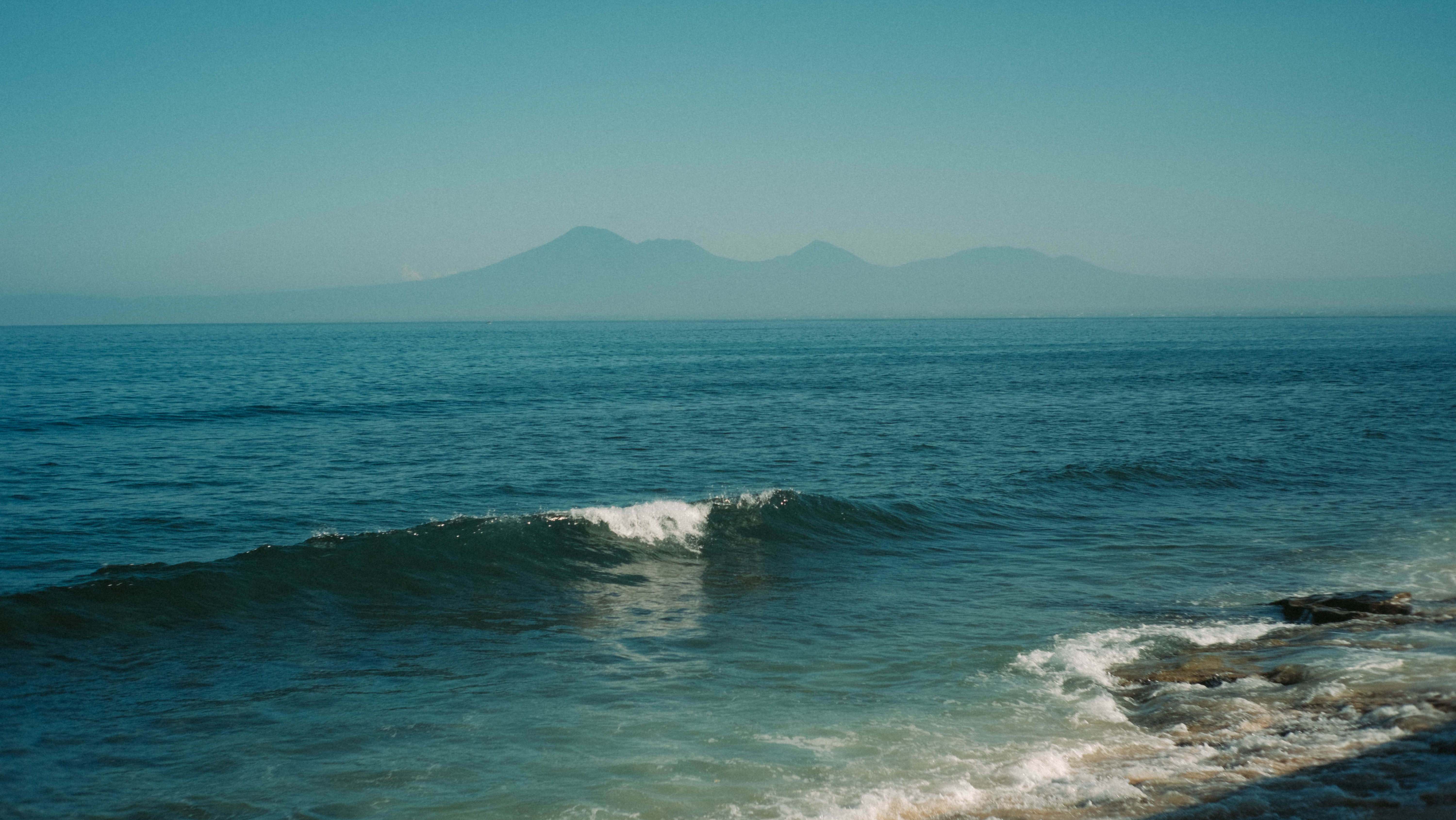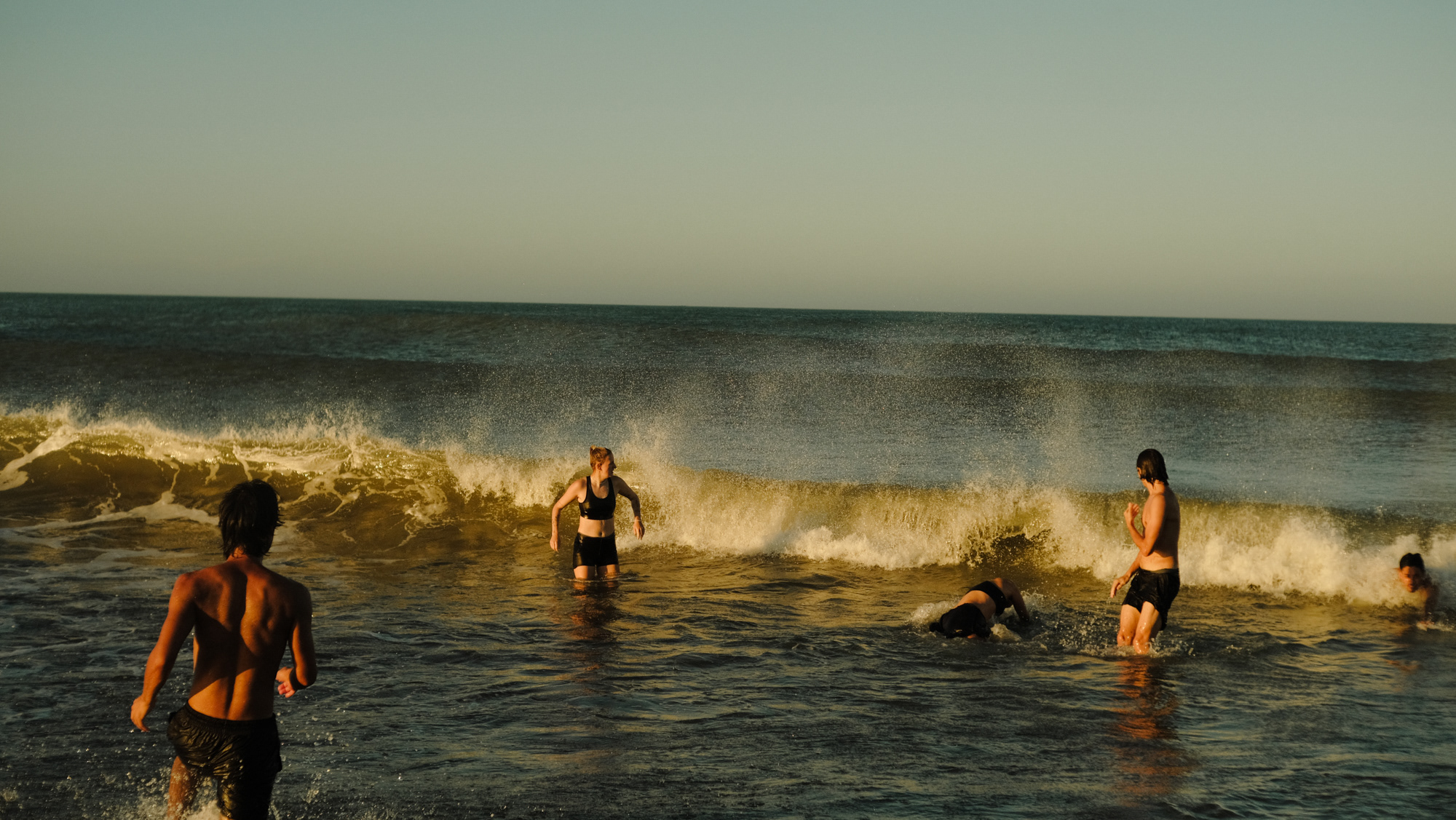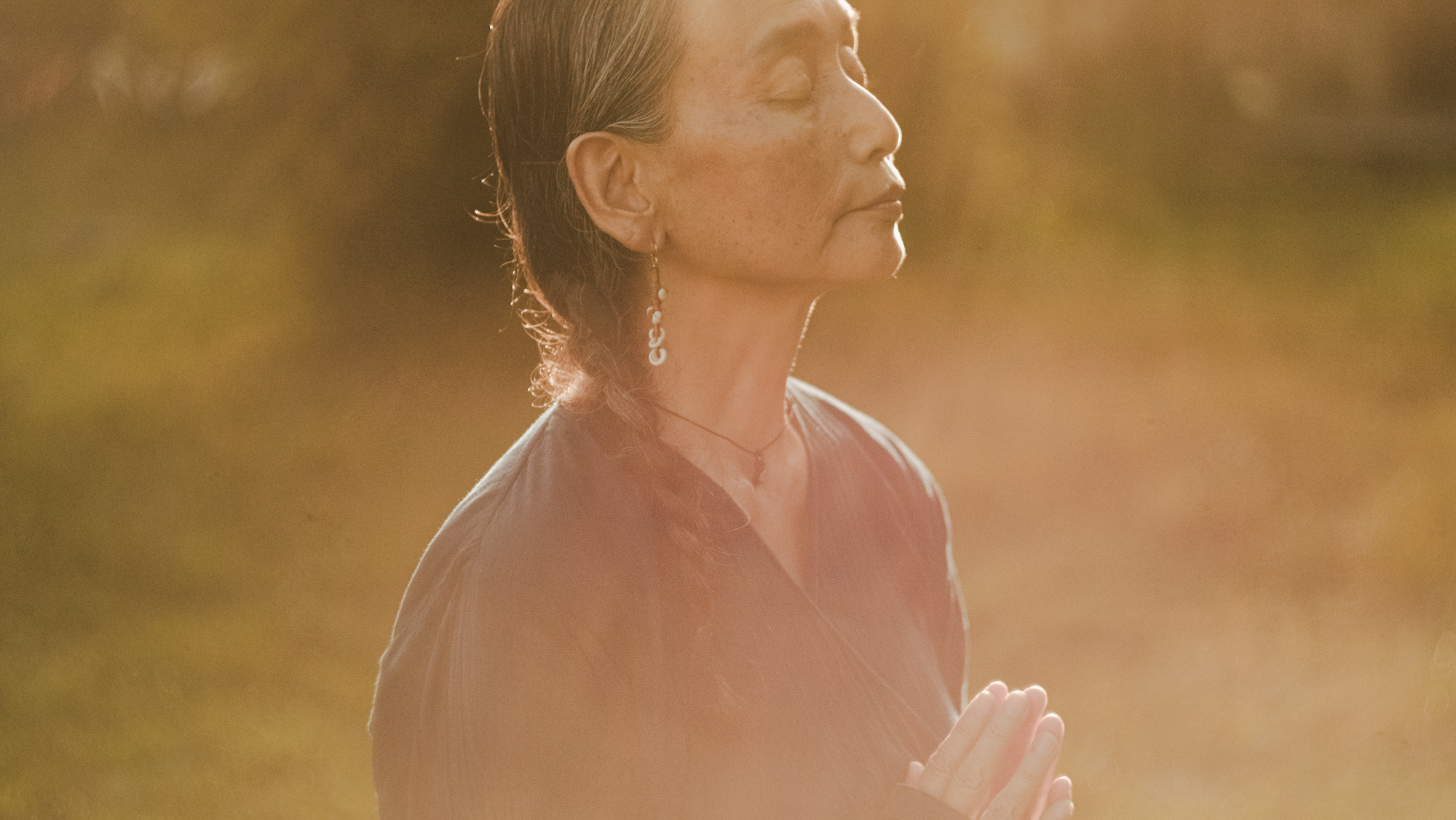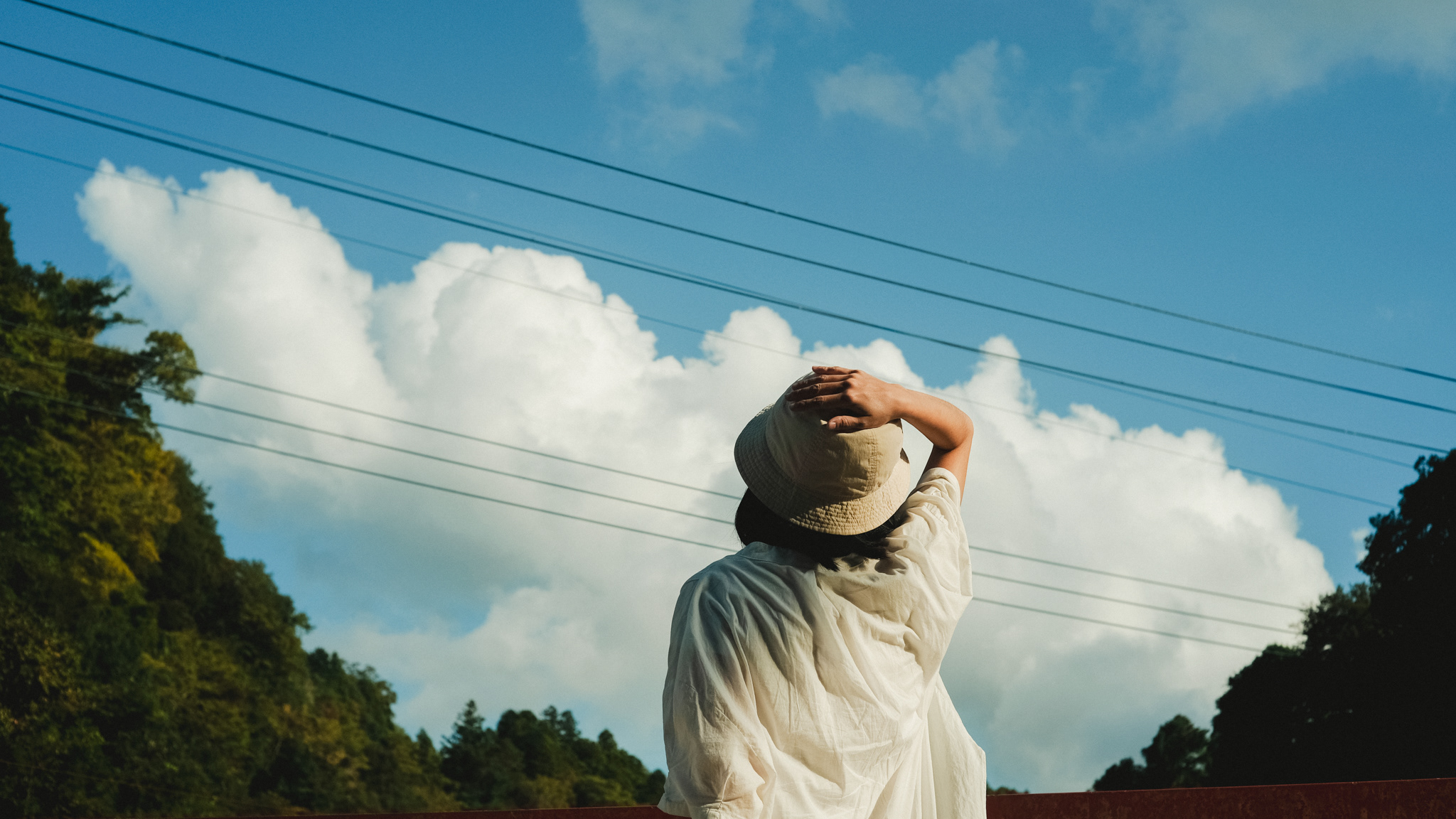Like most love letters, this one has a taste of bittersweetness to it. It isn’t an easy one to write, which is why I’m only able to write it now; at 5.54am in the early dawn before first light, sitting in a wooden cabin located in a forest in Malaysia, in the middle of a raging thunderstorm that feels more like a tropical hurricane.
In the summer of 2023, I found myself on a train traveling from Tokyo to the East Coast of Japan; the seaside town of Isumi, located in Chiba. As the scenery changed from a metropolitan forest of buildings, to the familiar landscape of green and blue, my heart lightened as it always did when I found myself in nature. I was nervous, it was my first time rooting myself in a place for two and half months where one would need to speak the native language, and my Japanese was subpar even on it’s best days.
How I found myself in this situation was entirely due to chance.
When I was living the life of being a fresh faced nomad in tourist filled Bali of 2022, my phone lit up with a random text message from Jacinda, a dear friend whom I seem to cross paths with in the most unpredictable ways. She asked me for help with an application form to Brown’s Field, a homestead eco village that has a long standing history of sustainability and permaculture.
I remembered laying in bed that evening, my thoughts insistently dreaming about a life in a quiet village surrounded by rice fields in rural Japan. I felt a stirring in my heart and I knew that was the life that I needed and wanted to live. A place far away from the paradigm of society, where I can be at ease and be still.
I decided at that moment, that was the direction my life was going to flow.
Life there was simple but not easy, it was slow yet busy at the same time.
Every morning, my day started at 7.30am, when I swept and clean the floors on my knees, along with everyone else, followed by the toilets. We'll have a simple breakfast of porridge after, followed by a short break. There are various tasks to be done, and by 11am I'll be in the kitchen helping the Makanai who is cooking for lunch - meals times are always the busiest, but the vegan meals were always so good.
After lunch, I would working on the farm until the sun sets, seeding or weeding, chopping down bamboo or harvesting rice, under the hot sun or the heavy rain, the work carries on no matter what. Gradually over time, I've started to get used to working with my hands in the soil, to be comfortable with a level of cleanliness I didn't grow up with. The work is hard and days are tiring, but fulfilling.
The hardest thing for me though, is to resist the Singaporean way of efficiency and wanting to do things quickly. Often, I caught myself unconsciously finding ways to do things faster.
Every morning, my day started at 7.30am, when I swept and clean the floors on my knees, along with everyone else, followed by the toilets. We'll have a simple breakfast of porridge after, followed by a short break. There are various tasks to be done, and by 11am I'll be in the kitchen helping the Makanai who is cooking for lunch - meals times are always the busiest, but the vegan meals were always so good.
After lunch, I would working on the farm until the sun sets, seeding or weeding, chopping down bamboo or harvesting rice, under the hot sun or the heavy rain, the work carries on no matter what. Gradually over time, I've started to get used to working with my hands in the soil, to be comfortable with a level of cleanliness I didn't grow up with. The work is hard and days are tiring, but fulfilling.
The hardest thing for me though, is to resist the Singaporean way of efficiency and wanting to do things quickly. Often, I caught myself unconsciously finding ways to do things faster.
But, where am I rushing to?
The journey IS the destination, this is already it. There is nowhere to go, and no final goal. The strong habit energy that has been drilled into me by our education and society says that there has to be an end goal, that I needed to achieve something for it to be worth my time. But there, I tried to work at my own pace, one seed at a time, one task at a time, one breath at a time.
Sometimes, I wondered if I was wasting my life away. I'm not doing anything extraordinary in particular, just simply living. I am nothing close to the conventional image of success. Yet, that is but just one definition of success. Witnessing the people there taking pride in everything they do, even for a simple meal, while considering the environment, made me ponder about my upbringing.
I often questioned myself, if this is not a good life, then what is?
Instead of excess, money, meritocracy, pragmatism, how about sustainability, community, equality and minimalism. To learn to do things with care, with purpose, with consideration for the earth and living beings, with meaning.
Dear Sam.. Isn't this a good enough life?
Isn't this?
Sometimes, I wondered if I was wasting my life away. I'm not doing anything extraordinary in particular, just simply living. I am nothing close to the conventional image of success. Yet, that is but just one definition of success. Witnessing the people there taking pride in everything they do, even for a simple meal, while considering the environment, made me ponder about my upbringing.
I often questioned myself, if this is not a good life, then what is?
Instead of excess, money, meritocracy, pragmatism, how about sustainability, community, equality and minimalism. To learn to do things with care, with purpose, with consideration for the earth and living beings, with meaning.
Dear Sam.. Isn't this a good enough life?
Isn't this?
The house we lived in was old, one could tell by the countless spiders that had made it their home; their webs taking residence in every possible corner that you could find. The summer heat was unbearable at times, and I opted to sleep in the engawa, the corridor beside the yard so that I could escape the stuffy heat of the windowless room that I had been assigned to. Yet, oldness had its own unique kind of charm.
Being on the road for a while and free from the comparisons of my own home, I’ve learned to accept every place I’m in as home, quickly, despite the less than ideal conditions. My feet were often black with dirt, and soon enough my skin had adapted to favour a deep, dark olive tone from hours under the relentless sun.
'It's really different to the life I am used to'
'.. but at least I’m free.’
I remember thinking to myself.
I was tasked to cup five cups of brown husked rice one day, and to wash them.
I started to wash them with my left hand, swirling them around the pot thoughtlessly as I normally do at home. But Minami stopped me, and showed me how she does it, with two hands, gently scrubbing the rice and letting them fall back into the pot again.
I put my hands back in and started to wash the rice thoroughly as she did, but she stopped me again.
'Gently', she said.
'You and okome onaji inochi'
'Inochi? Same colour?', I thought she meant.
But she said in a compassionate and gentle tone, 'Onaji inochi means, the same life'.
That moment touched my soul deeply, almost as though for the first time in my life, I knew what it mean, whereas for the rest of my life I only knew it in my head.
We are the same life and spirit, this food we are eating, and this food that we have. So I will treat you gently, and cherish your presence and the energy and life you are giving to me.
I washed the rice gently, and went on to stir them in a clay pot for the next hour or so, until they slowly turned cooked and brown, with an earthy aroma of slightly burnt rice.
'This is the rice that you eat every morning as porridge for breakfast.'
Over here, growing, weeding, cooking the food that I consume, I have learned how precious food is and how hard it is to grow. To grow organic is hard enough, crops and seedlings also have to make it past being eaten by insects and animals, and sometimes, wild boars would play in the rice field, flattening swathes of rice that had taken an entire season to grow.
I started to wash them with my left hand, swirling them around the pot thoughtlessly as I normally do at home. But Minami stopped me, and showed me how she does it, with two hands, gently scrubbing the rice and letting them fall back into the pot again.
I put my hands back in and started to wash the rice thoroughly as she did, but she stopped me again.
'Gently', she said.
'You and okome onaji inochi'
'Inochi? Same colour?', I thought she meant.
But she said in a compassionate and gentle tone, 'Onaji inochi means, the same life'.
That moment touched my soul deeply, almost as though for the first time in my life, I knew what it mean, whereas for the rest of my life I only knew it in my head.
We are the same life and spirit, this food we are eating, and this food that we have. So I will treat you gently, and cherish your presence and the energy and life you are giving to me.
I washed the rice gently, and went on to stir them in a clay pot for the next hour or so, until they slowly turned cooked and brown, with an earthy aroma of slightly burnt rice.
'This is the rice that you eat every morning as porridge for breakfast.'
Over here, growing, weeding, cooking the food that I consume, I have learned how precious food is and how hard it is to grow. To grow organic is hard enough, crops and seedlings also have to make it past being eaten by insects and animals, and sometimes, wild boars would play in the rice field, flattening swathes of rice that had taken an entire season to grow.
As we started harvesting rice by hand, I realised how difficult and tiring it was, and it dawned upon me with a sense of shame how much food I have wasted in the past, and not only that, but my attitude towards food as though it is something that can be bought and discarded easily without thought.
Over there, I've tasted tomatoes, pumpkin and corn that are so sweet, and I often wondered why.
Perhaps it's because they are grown with care and love, and cooked well. But I'd like to think that it's also because we ate well, with appreciation and without rush, and with gratitude in our hearts.
Over there, I've tasted tomatoes, pumpkin and corn that are so sweet, and I often wondered why.
Perhaps it's because they are grown with care and love, and cooked well. But I'd like to think that it's also because we ate well, with appreciation and without rush, and with gratitude in our hearts.
I had never eaten the very food I’ve grown and planted, nor knew where and how they came about. Because living in the city, and in a privileged and wealthy country like Singapore, I never had to. Food was always readily, and dare I say cheaply, available and as my income grew, the price and value of food had almost become negligible. We treat food as a delicacy and see it as an endless commodity, often buying too much, and throwing away what we couldn’t finish or didn’t feel like eating.
But it was only until I came to Brown’s Field, that I slowly understood the value and importance of food, and how hard it was to grow the vegetables and rice that we ate.
On my second day of arriving at Brown's Field, after our work was done, Dada chan and I decided to cycle to the beach. I brought along the breakfast that was prepared for me; a small tupperware of mixed rice porridge and some soup. It was a scorching hot day, but the view along the way was magnificent. We passed by bamboo forests, and countless rows of rice fields, backdropped by green hills densely grown with tall pine trees. The waves were too strong for us to swim that day, so we had to content with sitting on the breakwaters and watching surfers ride incoming waves that narrowed into a river channel.
My first mouthful of the packed porridge wasn’t impressive; it had gone cold by then, and I was so conditioned to strong flavors that the porridge tasted bland to me, hence I only finished the soup and packed the remaining porridge. After getting back to the house, I mindlessly threw the porridge in the bin, knowing that I wouldn’t want to eat it again for lunch.
My crime hadn’t gone unnoticed though, as when I reentered the kitchen a little while later, Minami chan asked with an inquisitive and slightly stern expression, ‘Samu, did the rice go bad?’
I immediately felt a pang of guilt, and from that day onward, witnessing how hard the makanai work at cooking our meals, and how the team toiled under the hot summer sun every day to grow our food, I made a silent promise never to waste another grain of rice or piece of vegetable again.
One of the important lessons I learnt over there was Deco San's philosophy or practice of Mottainai. Translated, it simply means 'too good to waste'.
Nothing is really wasted on the farm. The insides of bell pepper would be taken and fried to make another dish, every vegetable is cleanly sliced until no edible bits are left, every bit of sauce from the wok or bowl, every last drop of homemade juice is scrapped or squeezed and kept for another meal or for another purpose. Only the last inedible bits are thrown away, and even those are put in the compost.
Every year, they also run a two day event called Mottainai Cafe, where people bring in leftover vegetables and sauces and they transform everything into a buffet. There will be performances and rice harvesting and everything is by donations only.
Our attitude towards food and wastefulness was the hardest thing to accept when I returned to Singapore after spending a few months living this way. I was saddened when I witnessed our attitude towards food.
I wonder if it was because of the gap between our income and the value of the food we purchase, or did we go wrong somewhere in our education?
Everywhere I looked, I sensed entitlement, and that's when I knew that my time in Singapore was over.
Shortly after returning from Japan, I decided to pack my bags and leave this city that I was born in.
Meal times at Brown's Field felt almost sacred.
Before every meal, everyone would be in their own silent prayer. I quickly caught on to the custom, and though I didn't know what they were praying to, I formed my own version of gratitude. It's now become a practice that I continue to this day.
I would thank the universe for letting me have this food. I gave my gratitude to the sun, the clouds, the rain, the dirt, the insects and worms that made the soil good, and the bacteria and fungi that transformed all the unwholesome waste into nutrients that would in return feed us.
Finally, I would thank the universe for this life I could live, and for letting me be here.
Itadakimasu.
